Fertiliser selection is very important for a healthy garden. Garden plants require proper nutrients for their growth and prosperity. Fertilisers are provided during the lack of this nutrient in the soil. Choosing the right fertiliser seems confusing but gets easier with some guidance. Let’s try to understand how you can pick the best fertilisers for your garden plants.
Consider a few factors before selecting the best garden fertilisers for your Plants-
Understand Your Plant’s Nutritional Needs
The amounts of nutrients needed are different in the case of different plants. Knowing the requirements of the plant will make it easy to pick the right fertiliser. Virtually all crops require three most important nutrients; that is, nitrogen (N), phosphorus (P), and potassium (K). Furthermore, these three are the main elements in most fertilisers. Nitrogen will encourage foliage development, phosphorus will encourage root development while potassium will help strengthen the plant. Therefore, knowing what your plant needs will lead you into making the right choice of the fertiliser.
Know the Types of Fertilisers
Fertilisers come in many forms. Knowing their type will enable you to choose wisely.
- Organic fertilisers come from natural materials like compost or manure. These gradually adjust soil structure and nutrients. Organic fertilisers improve long-term health in plants.
- However, Chemical fertilisers are synthetic compounds. They release the nutrients instantly, which makes it boosts the plants immediately. Additionally, they do not improve the quality of the soil.
- Water-soluble solutions can be applied directly during watering. They are best for quicker nutrient absorption.
The choice between these varieties is based on your expectations in gardening. If you want an improvement that will be slow but stable for the health of your plants, then organic fertilisers are the way to go. Chemical or water-soluble fertilisers are applied in cases wherein there’s a need for a rapid spurt.
Test Your Soil
Test your soil before selecting a fertiliser. This helps to let you know what nutrients your soil lacks. You can buy a soil test kit from any gardening store or online. It will give you the pH levels as well as deficiencies in your soil. For example, if it says you need extra nitrogen in your soil, then you should opt for a fertiliser with high nitrogen content. Testing your soil, you thus position the fertiliser to suit the needs of your garden.
Choose Fertilisers Based on Plant Types
The type of fertiliser applied to different plants varies. For example, flowers usually need more phosphorus for them to flower. Vegetables tend to prefer a balance between nitrogen and potassium, like indoor and outdoor plants.
To those who will be buying from a supplier of online indoor plants in Indore, it is necessary to find out how much fertilisation the indoor plants need. Generally, they require a lower dose than their outdoor counterparts.
When getting fertilisers for plants from online outdoor plants in Indore provider, you can opt for something slow- or organic-releasing. Outdoor plants tend to thrive on thicker, longer-lasting nutrients.
Consider the Fertiliser’s N-P-K Ratio
Most fertilisers declare the amount of nitrogen (N), phosphorus (P), and potassium (K) they contain as an N-P-K ratio. A fertiliser with a 10-5-5 proportion therefore contains 10% nitrogen, 5% phosphorus, and 5% potassium. So depending on such a ratio, the fertiliser should be chosen and your plant will get what it needs. With leafy vegetables, more nitrogen-rich fertilisers are preferred for flowering plants with higher phosphorus content.
Select Based on Application Method
There are various ways of application. Some are applied straight on the soil, while others are soluble and must be dissolved in water for application upon the leaves. Granular fertilisers can be used directly on the soil, and therefore their release of nutrients is slow, steady, and uniform. Liquid fertilisers come mixed with water applied with irrigation. Foliar fertilisers are directly sprayed on leaves to enhance the absorbing rate of nutrients into plants.
You can choose an application depending on your requirement and the requirement of the plant. In case you prefer it to kick in right away, Liquid and Foliar Fertilisers are best. For long-term soil health, Granular Fertilisers are the best option.
Consider Specialised Fertilisers
Special fertilisers are available for specific crops. Such fertilisers can include rose fertilisers, citrus plant fertilisers, or vegetable fertilisers. For example, when you have houseplants purchased from an online plant nursery in indore, you will find fertilisers exclusively meant for houseplants.
Furthermore, fertilisers contain a smaller amount of nitrogen for the indoor plants to not grow too big in an indoor environment. If you have purchased from a plant nursery in Indore for use in an outdoor garden, the fertiliser should be specifically designed to be used outdoors. They are stronger and can perform in a variety of climatic conditions.
Watch for Over-Fertilisation
Your plants get damaged rather than benefit from over-fertilization. Too much fertiliser results in nutrient burn. This happens when the roots of your plants get damaged due to over-fertilization. It could lead to weakened growth and even death of a plant. Moreover, It is always better not to fertilise too much, but increase gradually with rising needs instead of risking to fertilise more than needed. Observe signs of over-fertilization in the plants, such as yellowish leaves or slow growth.
Conclusion
The choice of fertiliser for your garden is about understanding the requirements of the plant you’re growing, soil testing, and the right fertiliser choice. Be it the fertilisers you get from a local store or an online nursery in Indore, ensure that you get it right for your garden’s needs. Additionally, always be careful to follow application instructions so as not to over-fertilize your garden. The right fertiliser will see your plants growing long and strong, and your beautiful thriving garden will continue to flourish.

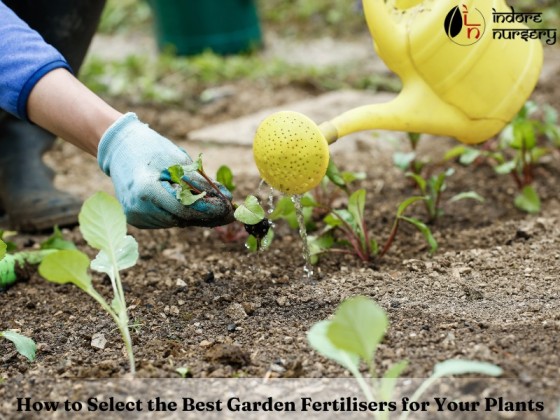


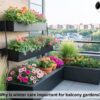
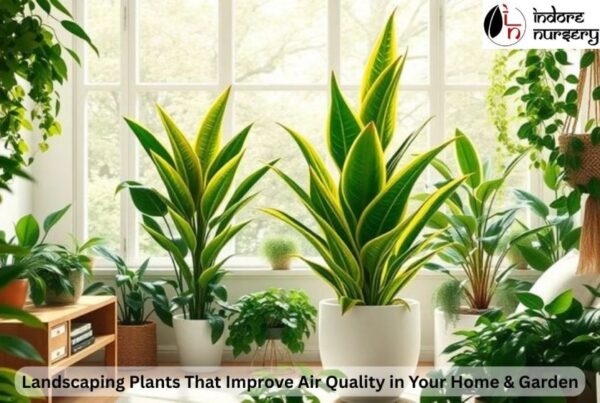
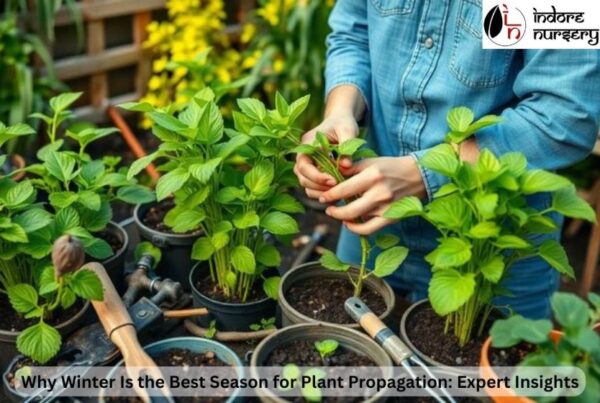
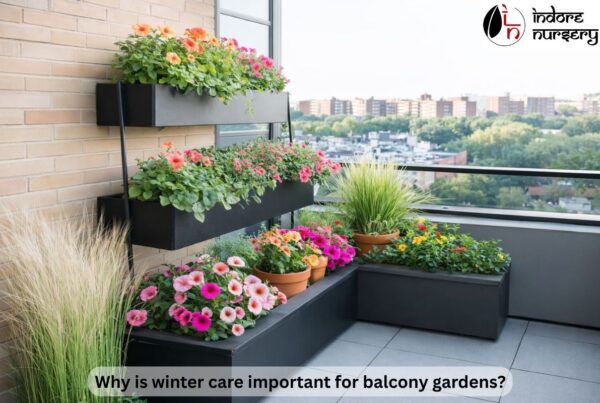

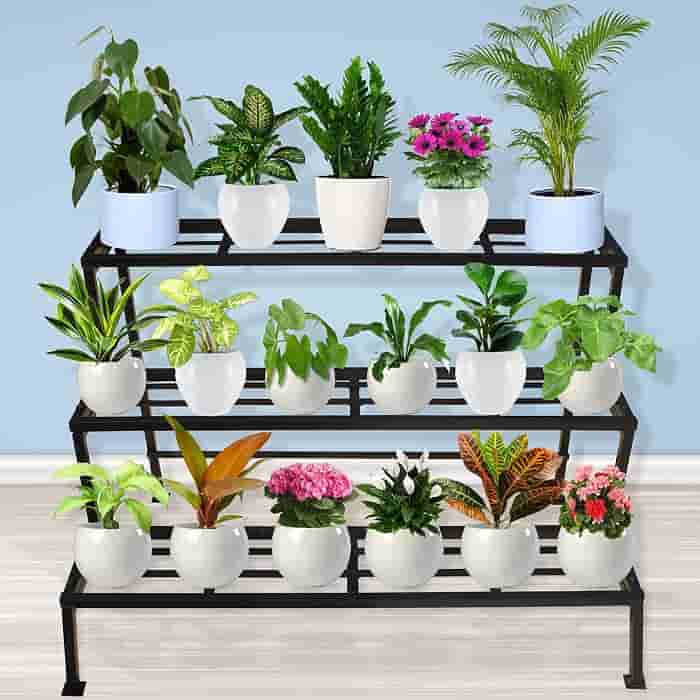
Recent Comments